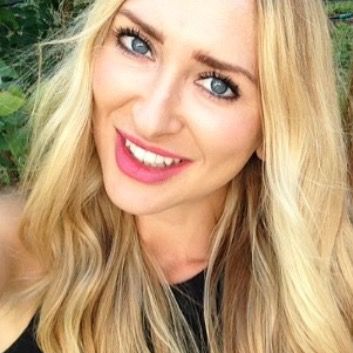 Facebook has always been the slightly more regulated and official of the social media websites. When it started out the website was only available to students at certain colleges, and its first incarnation was literally just a page with a Q&A on each user with a photo. It’s hard to remember a time when the newsfeed didn’t exist since that’s where most of the interaction occurs now, but it didn’t. And there was plenty of outrage when the newsfeed was introduced, until everyone realized that they could complain about it in unity, and trust in Facebook was restored once again.
Facebook has always been the slightly more regulated and official of the social media websites. When it started out the website was only available to students at certain colleges, and its first incarnation was literally just a page with a Q&A on each user with a photo. It’s hard to remember a time when the newsfeed didn’t exist since that’s where most of the interaction occurs now, but it didn’t. And there was plenty of outrage when the newsfeed was introduced, until everyone realized that they could complain about it in unity, and trust in Facebook was restored once again.
While the apps features have exploded over the years in certain ways, users still aren’t given the freedom to choose creative details about their layout, or add sparkly stickers and music a la MySpace. (But let’s be honest, that sparkly stuff and those HTML codes on MySpace were a nightmare.) Facebook treats nudity and profanity as a punishable offense as opposed to the Twitter freedom where naked crotch shots get starred and retweeted all over the place.
Facebook is definitely keeping an eye out, and that regulation has given it a more structured feel than some other sites and is partly why every age group is able to use it. Most people who use Facebook have one account of their real identity, so it comes as some surprise that Facebook might start offering anonymous profile login options on the site as well.
Facebook just celebrated its 10-year anniversary, and it’s clear they are reevaluating some things. Mark Zuckerburg was once quoted in the book The Facebook Effect as saying:
“Having two identities for yourself is an example of a lack of integrity.”
But now he has turned a new page saying:
“I don’t know if the balance has swung too far, but I definitely think we’re at the point where we don’t need to keep on only doing real identity things. If you’re always under the pressure of real identity, I think that is somewhat of a burden.”
Interesting. You could of course point out that people can use fake names on their Facebook page as it is (as long as it sounds real), and that nothing worse could come of anonymity on Facebook than anything that already occurs on other social media sites. But if you’ve ever watched a heated discussion erupt in the comments section of a friend’s status update, it’s also obvious how quickly and efficiently bad behavior can spark and burn on the user friendly layout.
Fun fact: If you Google “Facebook Anonymous” to research Facebook going anonymous you’ll come up with some links to self help groups for Facebook addicts instead. FYI.
And while we’re at it. If you haven’t yet used Time magazine’s online tool to figure out how just much of your life you’ve wasted on Facebook. It might be a beneficial reality check. Estimations this way.
















